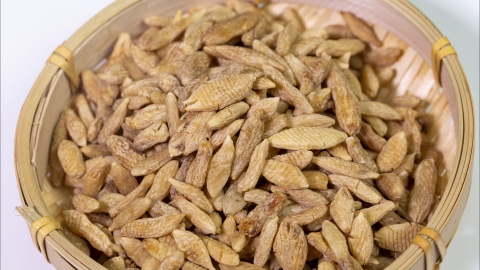Can patients with breast cancer consume Ophiopogon japonicus (McDoor)?
Generally speaking, breast cancer patients can consume Ophiopogon japonicus (MJ), but it should be taken in moderation. The detailed explanation is as follows:

During chemotherapy for breast cancer, patients often experience symptoms of deficiency in both Qi and Yin, such as fatigue, hot flashes, night sweats, and dry mouth. MJ has the effect of nourishing Yin and promoting body fluid production, which can help alleviate poor appetite caused by gastrointestinal mucosal damage due to chemotherapy, and improve symptoms such as dry mouth and reduced food intake. The saponins and alkaloids in MJ have antioxidant and anti-tumor properties, which may assist in reducing the recurrence rate of breast cancer, although it cannot replace standard medical treatments.
However, it should be noted that MJ is slightly cold in nature and may worsen conditions such as diarrhea, abdominal distension, or cold pain in the stomach area if present, potentially increasing the burden on the digestive system and causing or worsening adverse reactions. Breast cancer patients often have complex physical conditions, and some may be sensitive to MJ's components, leading to allergic reactions or gastrointestinal discomfort; therefore, careful evaluation is necessary.
MJ may irritate the gastrointestinal mucosa, and taking it on an empty stomach can easily cause nausea and vomiting. Patients should pay attention to the timing and method of consumption. In daily diets, breast cancer patients should focus on balanced nutrition, avoid excessive intake of high-fat and high-sugar foods, consume more fresh vegetables and fruits, and maintain healthy lifestyle habits, all of which can help improve treatment outcomes and quality of life.










